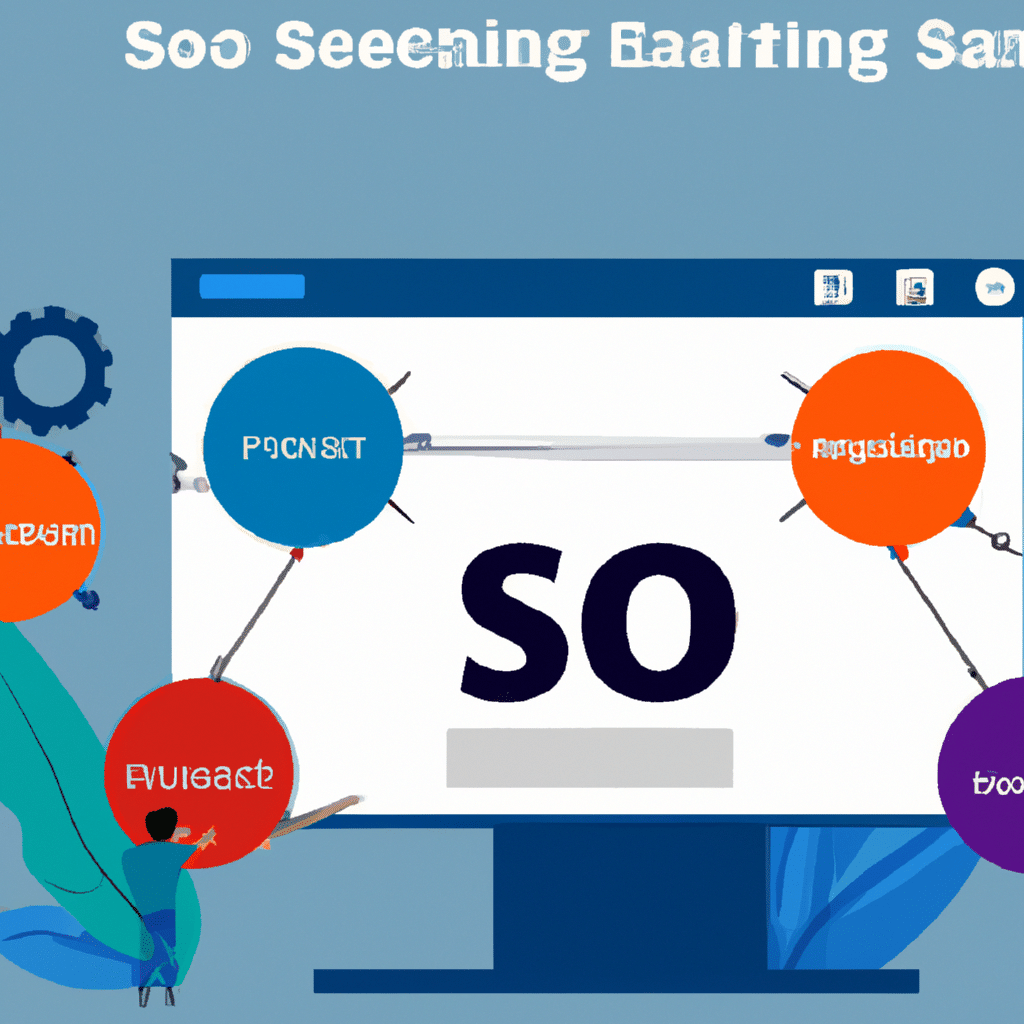How to Optimize Your Website for Search Engines
As the internet continues to evolve, having a website is no longer enough to ensure online success. You need to optimize your website for search engines to increase your visibility and attract more traffic. Search engine optimization (SEO) is the process of making your website more visible and attractive to search engines like Google, Bing, and Yahoo.

In this article, we will provide you with a comprehensive guide on how to optimize your website for search engines. We will cover everything from keyword research to on-page optimization and link building. By following these guidelines, you will be able to outrank your competitors, attract more traffic, and ultimately increase your online revenue.
Keyword Research
The first step in optimizing your website for search engines is to conduct keyword research. This involves identifying the keywords and phrases that your target audience is using to search for your products or services. Keyword research will help you understand the language and terminology that your customers use, which will enable you to create content that resonates with them.
To conduct keyword research, you can use tools like Google Keyword Planner, Ahrefs, SEMRush, or Moz. These tools will help you identify the keywords that have high search volume and low competition. Once you have identified these keywords, you can use them to create content that is optimized for search engines.
On-Page Optimization
On-page optimization refers to the process of optimizing individual web pages to rank higher and earn more relevant traffic in search engines. It involves optimizing the content and HTML source code of a page to make it more attractive to search engines. Here are some tips for on-page optimization:
Title Tag
The title tag is one of the most important on-page SEO elements. It tells search engines what your page is about. Your title tag should include your primary keyword and be less than 60 characters.
Meta Description
The meta description is a brief summary of your page that appears in search engine results. It should be no more than 155 characters and include your primary keyword.
Header Tags
Header tags (H1, H2, H3) help search engines understand the structure of your content. Use your primary keyword in the H1 tag and include secondary keywords in the H2 and H3 tags.
Content
Your content should be high-quality, informative, and engaging. Use your primary keyword in the first paragraph and throughout your content, but avoid keyword stuffing. Aim to write at least 1000 words per page.
Images
Optimize your images by compressing them and including alt text that includes your primary keyword.
Off-Page Optimization
Off-page optimization refers to the activities that you undertake outside of your website to improve its ranking in search engines. The most important off-page optimization activity is link building.
Link Building
Link building involves acquiring links from other websites to your own. The number and quality of links to your website are important factors in determining your search engine ranking. Here are some tips for link building:
- Create high-quality, informative content that other websites will want to link to.
- Use social media to promote your content and attract links.
- Reach out to other websites in your industry and request a link.
Conclusion
Optimizing your website for search engines is an ongoing process that requires time, effort, and dedication. By following these guidelines, you will be able to improve your search engine ranking, attract more traffic, and ultimately increase your online revenue. Remember to conduct keyword research, optimize your on-page content, and engage in off-page optimization activities like link building. With patience and persistence, you will be able to outrank your competitors and achieve online success.












